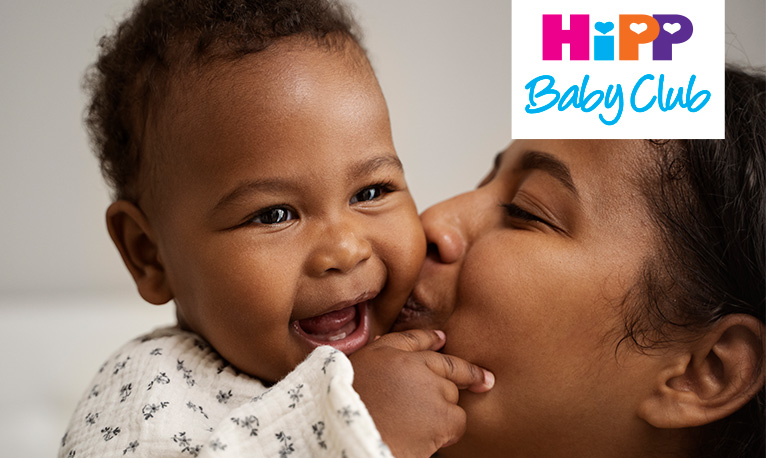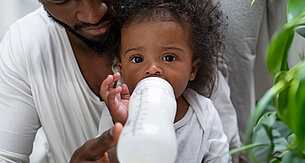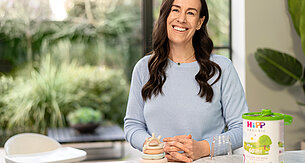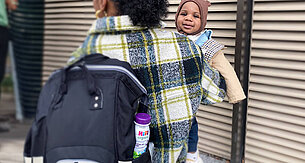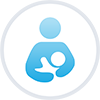Coping with colic
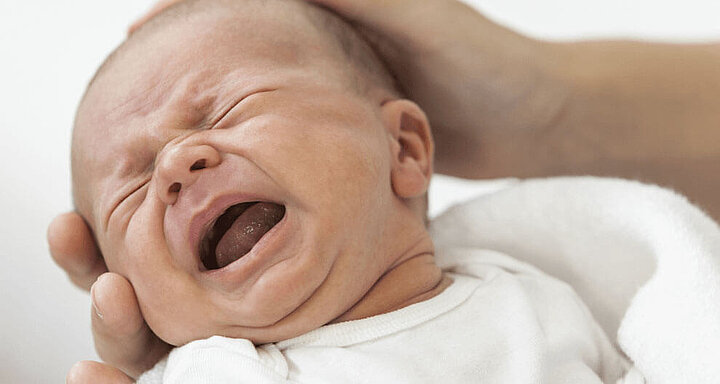
The NHS states that colic is ‘the name for excessive, frequent crying in a baby who appears to be otherwise healthy. It's a common problem that affects up to one in five babies.’ Colic tends to begin when a baby is a few weeks old. It normally self resolves by four months of age. Looking after a colicky baby can be very frustrating and distressing, but the problem will eventually pass and it is usually nothing to worry about from a health perspective. Of course if you ever have any concerns over your baby’s crying you can always speak to your midwife or health visitor.
Much more information can be found on the NHS Choices website, including information on treating colic, but their summary of the main symptoms and tips for helping your baby are:
Signs and symptoms of colic
- It being hard to soothe or settle your baby
- Your baby’s tummy rumbling or they are very windy
- Your baby's face being red and flushed when they cry
- Your baby clenching their fists, drawing their knees up to their tummy, or arching their back while crying
If your baby has colic, they may appear to be in distress. But the crying outbursts are not harmful, and your baby should continue to feed and gain weight normally.
Advice for parents
Caring for a baby with colic can be very difficult. It's important to remember that:
- Your baby's colic is not your fault – it doesn't mean you're doing something wrong, or your baby is rejecting you.
- Your baby will get better eventually – colic normally stops by 4 months of age.
- You should look after your own wellbeing – if possible, ask friends and family for support as it's important to take regular breaks and get some rest.
- Support groups, such as ‘Cry-sis’, can also offer help and advice if you need it. You can contact the Cry-sis helpline for advice on 0845 122 8669 (9am-10pm, seven days a week).
Tips for helping your baby
There's no method that works for all babies with colic, but there are a number of techniques that may help. These include:
- Holding your baby during a crying episode
- Putting your baby in a sling and walking around with them
- Have skin to skin
- Preventing your baby swallowing air by sitting or holding them slightly more upright during feeding
- Burping your baby after feeds
- Gently rocking your baby over your shoulder
- Bathing your baby in a warm bath - ideally water only, newborn babies do not need to be washed with soap
- Gently massaging your baby's tummy - avoid this just after a feed though
Speak to a GP or pharmacist for advice before trying these.
What causes colic?
The cause or causes of colic are unknown, but a number of theories have been suggested. These include indigestion, maturation of the gut, trapped wind, or a temporary gut sensitivity to certain proteins and sugars found in breast and formula milk.
Colic occurs equally in boys and girls, and both in babies who are breastfed and those who are bottle-fed.

